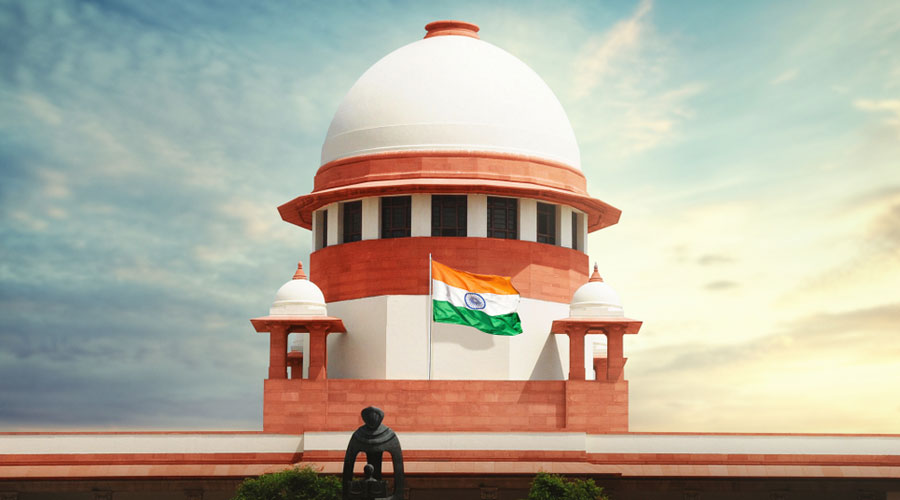The Supreme Court will on October 18 take up a batch of petitions challenging the constitutional validity of the anti-terror law Unlawful Activities (Prevention) Act, 1967, which critics say is being increasingly used by parties in power against political opponents and journalists.
The bench of Chief Justice U.U. Lalit and Justices S. Ravindra Bhat and J.B. Pardiwala, before whom a petition filed by the Foundation of Media Professionals came up on Monday, said the matter would be taken up along with similar pleas pending before the top court.
The petition, filed through advocate Rahul Bhatia, says the UAPA’s provisions are “arbitrary and perverse, as they constitute a censure of all democratic expression”, and are being misused by governments “to target any and all forms of dissent”.
It says the UAPA “is a gross assault” on the fundamental right to equality, free speech and life and liberty as it gives the State “excessive and overwhelming powers… to act against associations and individuals” who criticise “the ruling party or majoritarian sentiments”.
It argues that “the entire scheme” of the law “is dictatorial” since the authority that decides an entity is terrorist also imposes the sanction and considers the appeal or chooses the appellate panel.
On November 11 last year, an apex court bench headed by then Chief Justice N.V. Ramana had issued a notice to the Centre and the Tripura government on a plea for urgent hearing, sought by advocate Prashant Bhushan, of two petitions challenging the UAPA. Little progress has been made since then.
Those two petitions had alleged that the anti-terror law was being misused to target lawyers and journalists over their social media posts on the October 2021 communal violence in Tripura.
These petitions had flagged the vagueness of the definition of “unlawful activity”, the “wide net” the law casts on freedom of speech, and its tendency to bring under its ambit anti-government criticism that in no way endangered public order, or the security, sovereignty and integrity of India.
They had said the absolute bar the law places on anticipatory bail, and the near-impossibility of securing regular bail under it, produced a “chilling effect” on the freedom of speech.
One of the petitions had been moved by advocates Mukesh Gaur and Ansarul Haq Ansari, and the other by journalist Shyam Meera Singh. All three had been booked under the UAPA and other penal offences for their posts on the Tripura violence.
It’s not clear whether, along with the petitions challenging the constitutionality of the UAPA, the top court will also hear a plea from the National Investigation Agency contesting a Kerala High Court judgment saying gold smuggling does not come under the ambit of the UAPA.
A few days before Kerala High Court’s February 19, 2021, ruling, Rajasthan High Court had on February 1 held that the smuggling of gold amounted to a terrorist activity under the UAPA.
Faced with the task of settling the issue, the apex court had last year issued a notice to the Centre on the matter.











